Developed by a combination of retailers, resale platforms, charity retailers and other industry experts, the voluntary initiative outlines steps retailers can take to adhere to the principles of circular economy for used clothes.
Apart from clothing, footwear and accessories, it includes ‘flat home textiles’ such as bedding, cushion covers, towels, curtains and the like.
Instead of throwing items away, the BRC advised that retailers can promote resale markets and platforms, use hire and rental subscription services, and offer product swaps, upcycling and repair schemes, and work with charity retailers.
In the document, the consortium said: “Adhering to circular economy principles, this guideline does not aim to promote the circulation of perfect items, but rather to circulate all items by ensuring both buyer and seller have the exact same level of information to not to screen items out, but to transparently and fairly disclose their condition.”
Some of BRC members include ZARA, TK Maxx, ASOS and Superdry.
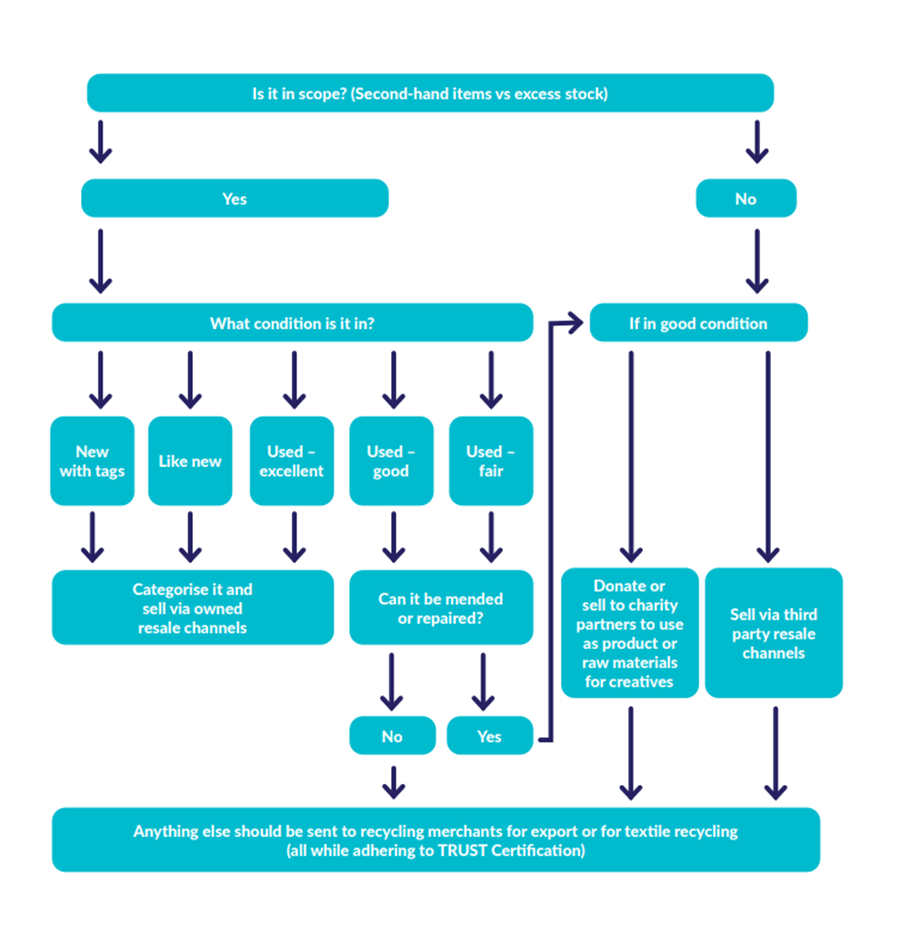
Quality checks
The BRC explained that the guideline emphasises the importance of quality checks, which clearly inform the customer of the item’s condition.
It reasoned that ‘imperfect’ items are generally welcome on resale platforms, adding that “user expectations are very different when buying second-hand vs brand new and defaults are not a barrier to purchase”.
Goal
The BRC said that its long-term goal is to limit, and ultimately end, items ending up in landfill unnecessarily and to keep them in circulation longer. This is on the back of data published by WRAP, which found that an estimated £140 million worth of clothing sent to landfill every year.
Additionally, the guideline has been welcomed in Westminster and Holyrood, with Dr Lisa Cameron MP and Maurice Golden MSP tabling motions of support in their respective parliaments.
Helen Dickinson OBE, chief executive of the British Retail Consortium, commented: “We are delighted to launch our first voluntary guideline on second-hand and preloved items. With more people looking for ways to shop sustainably, particularly as the cost-of-living rises, the sale of second-hand items in-store and online can encourage sustainable behaviours at affordable prices and take us one step further towards a circular economy.”
“Retailers recognise the role they can play in helping their customers shop in more environmentally friendly ways, and we hope that this Guideline will help many on their sustainability journey.”
The full guideline can be seen here.





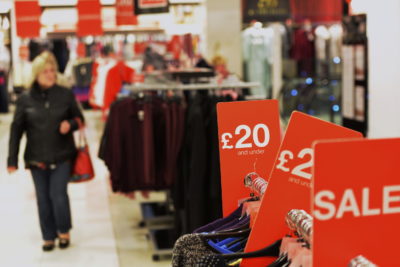

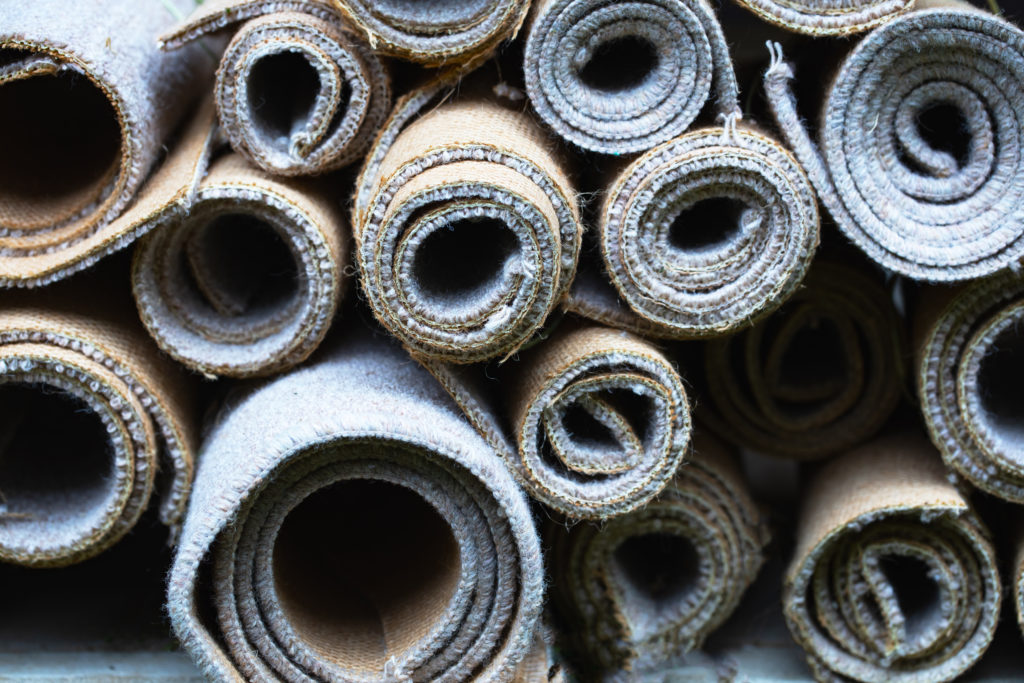
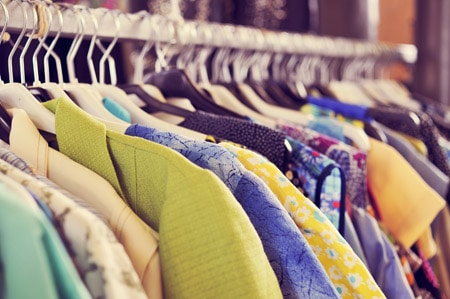
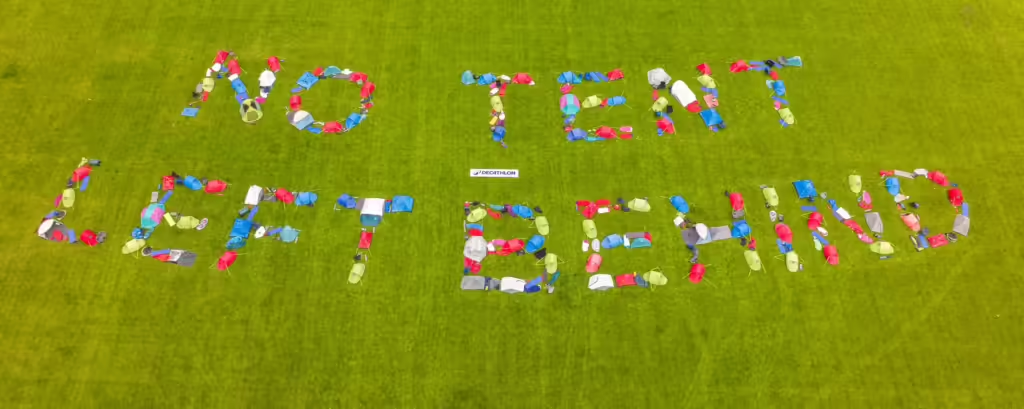


Subscribe for free